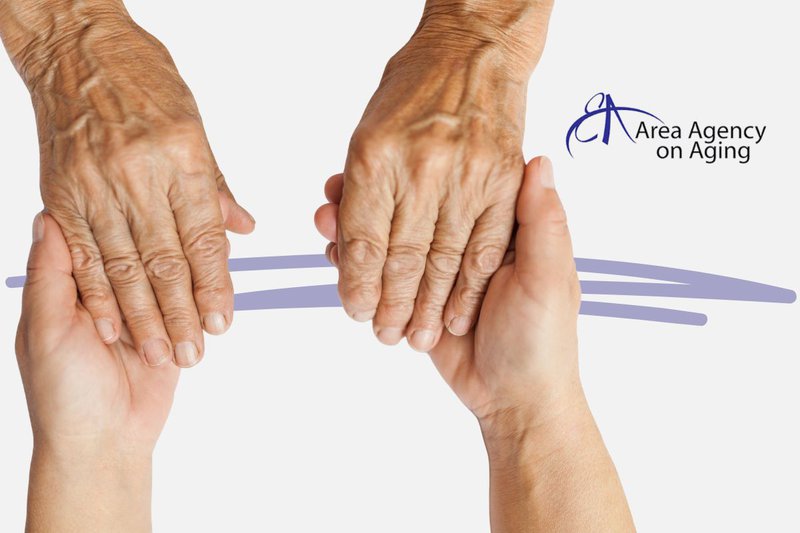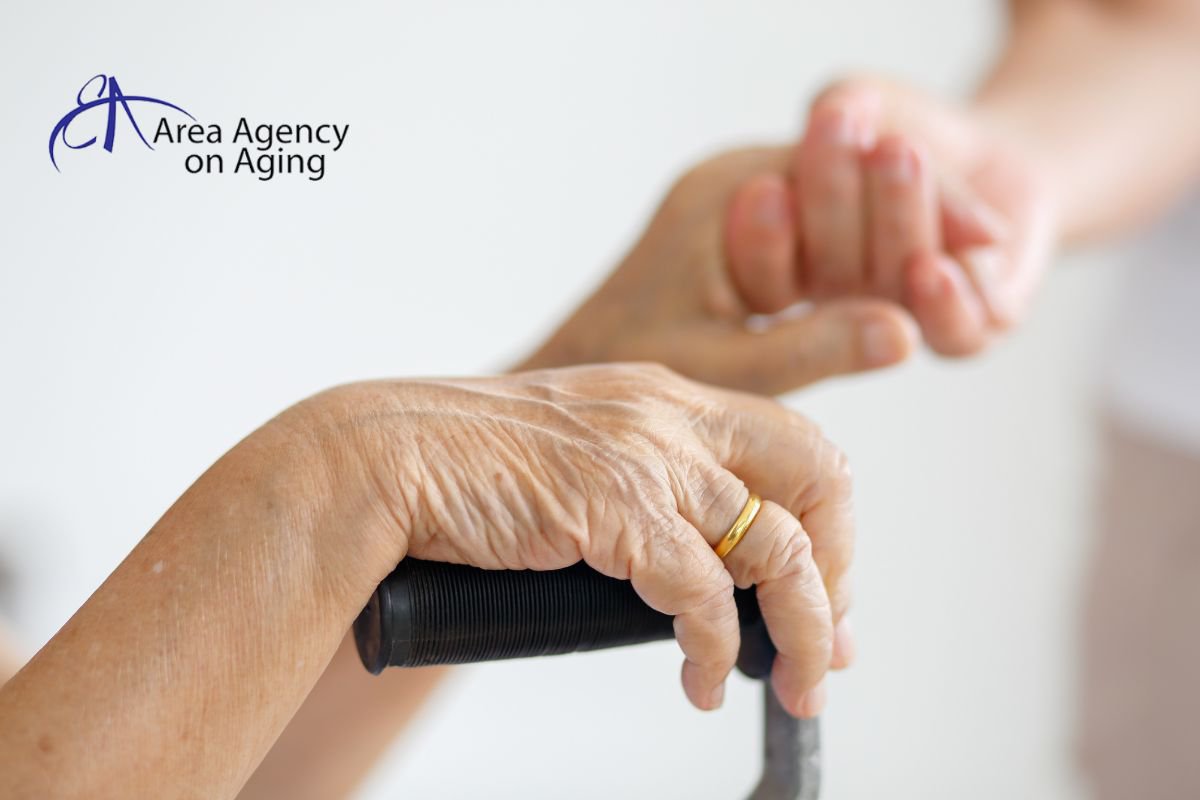You love the person you care for, but caregiving can feel lonely fast. You stop going out, friends stop calling, and soon, you're running on empty. The longer things go on, the more isolation takes hold. You're not broken. You're exhausted, and you're not alone. Loneliness in caregivers is common, but important to treat. Taking care of yourself is part of taking care of them.
Key Takeaways:
- Over 50% of caregivers report feeling lonely, which increases risks for depression, anxiety, high blood pressure, stroke, and dementia.
- Burnout signs include constant fatigue, anger, numbness, memory lapses, and physical illness.
- Depression drains joy and energy; anxiety brings fear, tension, and restlessness.
- Caregivers often lose their identity, social ties, and career paths due to nonstop care duties.
- Guilt, strained family roles, and lack of recognition deepen emotional isolation.
- Regular coping habits like journaling, reflection, and routines support mental health.
- Support systems—respite care, peer groups, and shared experiences—help lower stress.
- Digital resources, mobile tools, and online communities provide connection and daily guidance.
- Caregiver health improves with repeatable self-care steps and emotional backup.

Confronting Loneliness in Caregivers: A Complete Guide to Emotional Relief and Support
Caring for a loved one can be deeply meaningful. However, despite the love and intention behind it, the experience often brings something many don’t expect—loneliness in caregivers. Over time, this emotional isolation can quietly erode well-being, strain physical health, and disconnect even the most compassionate hearts from the life they once knew.
Fortunately, with the right knowledge, support, and small yet intentional steps, caregivers can find relief, connection, and strength again. This guide explores the causes, consequences, and solutions surrounding loneliness in caregivers, while showing that no caregiver should ever feel invisible.
Why Loneliness in Caregivers Deserves Serious Attention
Although caregiving is rooted in love, it often creates emotional distance between the caregiver and the outside world. As hours turn into days, and days into months, caregivers may begin to feel emotionally unseen, even when surrounded by others.
How Does Loneliness in Caregivers Affect Health?
To begin with, loneliness doesn’t just feel heavy—it creates real harm. Emotionally, it fosters anxiety, sadness, and hopelessness. Physically, it raises risks of:
- Stroke
- High blood pressure
- Weakened immunity
- Sleep disorders
- Early cognitive decline
Over time, loneliness in caregivers can lead to chronic illness and decreased life expectancy. So, while caregiving is about offering life and support to others, it must also include caring for the caregiver’s own life and health.
Isolation Slowly Becomes the Norm
As caregiving responsibilities increase, social circles shrink. Friends stop calling. Invitations vanish. The caregiver’s world narrows until only care tasks remain.
This slow erosion of social connection leads to emotional exhaustion, especially when days pass without meaningful conversation or rest.
Loneliness in Caregivers: Recognizing the Silent Burden
Although some symptoms are obvious, others are subtle. Understanding how loneliness in caregivers manifests emotionally and physically is essential to preventing long-term harm.
Emotional Burnout Creeps In Quietly
At first, you may feel just a little tired. Then, you begin missing meals, snapping at loved ones, or withdrawing completely. Eventually, numbness takes over.
Signs of caregiver burnout include:
- Chronic fatigue
- Irritability
- Loss of interest in once-loved activities
- Frequent illness
- Memory lapses or confusion
- Feelings of hopelessness
Each of these symptoms points to a deeper issue that must be acknowledged and addressed.
Depression and Anxiety May Develop
Depression often feels like emptiness. Food loses its taste. Joy fades. Some caregivers feel they’ve lost themselves entirely.
Meanwhile, anxiety brings its own challenges—racing thoughts, constant worry, and physical tension. Together, these conditions escalate the emotional toll of caregiving and deepen the loneliness caregivers already face.
What Causes Loneliness in Caregivers to Grow Over Time?
While each caregiver’s journey is unique, many face the same emotional challenges. Understanding the root causes of loneliness in caregivers can help you take back control.
Constant Responsibility Leaves No Room to Recharge
To begin with, caregiving routines are relentless. Bathing, cooking, medications, cleaning, and appointments leave little time for rest, let alone connection.
When every hour is spoken for, there’s no space left to nurture friendships, hobbies, or even a quiet moment alone.
Social Ties Fade Gradually
At first, you may decline invitations from friends. Then, people stop inviting you altogether. Eventually, the only communication you receive is about the person receiving care, not about you.
This slow social erosion is one of the most painful aspects of loneliness in caregivers.
Guilt and Family Conflict Add to the Burden
Many caregivers carry guilt. They often feel they shouldn’t complain or ask for help. Worse still, when they do speak up, family members may dismiss them or say things like, “You chose this.” Consequently, unspoken resentment, uneven caregiving roles, and lack of appreciation all deepen the sense of being alone and undervalued.
How Loneliness in Caregivers Reshapes Identity and Purpose
Caregiving often becomes all-consuming. Gradually, the caregiver’s personal identity fades into the background.
Over Time, Caregivers Lose Sight of Themselves
With time, you stop setting personal goals. You let go of routines that once brought joy. Eventually, you may feel like “the caregiver” is your only role in life.
This shift can lead to sadness, confusion, and ultimately, a loss of confidence.
Work-Life Balance Becomes Harder to Sustain
Consequently, many caregivers reduce their hours or leave their jobs altogether. As a result, financial stress increases. Moreover, relationships strain under the pressure. With each passing day, the sense of isolation grows stronger.
How to Recognize When Loneliness in Caregivers Reaches a Breaking Point
It’s not always easy to tell when stress turns into something more serious. But knowing the warning signs can help you act before things spiral.
These Red Flags Should Never Be Ignored
Look out for:
- Feeling numb or disconnected from emotions
- Crying often, or not at all
- Losing interest in conversations or relationships
- Avoiding even basic self-care
- Feeling trapped or desperate
If these symptoms persist, it’s time to reach out for help.
Loneliness in Caregivers: When to Seek Help for Emotional Health
If you feel hopeless for more than two weeks, or if daily tasks feel impossible, talk to a professional. Whether it’s a therapist, doctor, or support group, taking that step is a sign of strength, not failure.
Effective Ways to Reduce Loneliness in Caregivers
Although loneliness can feel overwhelming, it is not permanent. There are real, practical steps that can make a lasting difference.
First, Take Advantage of Respite Care
Respite care offers temporary relief—so you can rest, reconnect, and recharge. A few hours a week can change your outlook significantly.
Organizations like the East Arkansas Area Agency on Aging provide respite services and support to caregivers in 12 counties.
Next, Join a Support Group—Online or Local
Support groups offer space to be heard and understood. Whether in-person or virtual, these groups:
- Provide tips
- Offer emotional validation
- Connect you with others who truly “get it”
In fact, many caregivers find their first moments of emotional relief in these shared spaces. Explore our Caregiver Services for more information.
Daily Habits Can Rebuild Confidence and Connection
While big changes matter, small daily actions often bring the most consistent relief.
Simple Wellness Activities Go a Long Way
Try:
- Morning stretches by an open window
- A short gratitude journal entry
- Five minutes of breathing meditation
- Listening to a favorite song
- Setting a timer for 15 minutes of “you” time
These micro-habits add up. Over time, they also restore your sense of self and reduce the grip of loneliness.
Digital Tools Also Offer Support in Real Time
Apps like Trualta, CaringBridge, or CareZone help track care tasks and connect you with others. Online forums, Facebook groups, and even Reddit communities create shared spaces for learning and support.
For immediate help, text TOUGH to 741741—a 24/7 caregiver mental health resource.
Addressing Family Dynamics That Contribute to Loneliness in Caregivers
The most unspoken part of caregiver loneliness is often the silence from family.
When Siblings or Spouses Fall Short on Support
Many caregivers find themselves doing all the work, while others stay distant. This imbalance leads to resentment, shame, and deeper emotional fatigue.
The solution? Open conversations, clear boundaries, and shared responsibilities—whenever possible.
Appreciation Matters More Than You Think
Feeling unseen is one of the most painful parts of caregiving. A simple “thank you” or “how are you feeling?” can provide powerful emotional relief.
Encourage family to divide tasks, check in regularly, and treat caregiving as a shared effort, not a silent sacrifice.
Loneliness in Caregivers: Preserving Emotional Wellness at Home
Even when support is limited, caregivers can take steps to stay grounded.
Wellness Routines Bring Calm and Clarity
Start with:
- A daily moment of silence
- Naming one feeling without judgment
- Drinking morning tea without rushing
- Taking three deep breaths before each care task
These small anchors remind you that you still exist—and deserve care too.
Mindfulness and Journaling Offer Mental Relief
Writing down your thoughts helps release them. Even a single sentence can provide clarity. Meanwhile, mindfulness calms nerves and reduces overwhelm.
Try a free journal app or mindfulness video to get started—even five minutes can help.
Building Social Connections After Isolation
When caregiving ends—or eases—rebuilding your social life matters.
Start With One Connection at a Time
Call an old friend. Join a local class. Attend a caregiver event. These small steps rebuild the life you left behind—bit by bit.
Online Communities Can Bridge the Gap
If you can’t leave home, virtual support bridges the distance. Platforms like AgingCare, Caregiver Action Network, and local Facebook groups offer connection 24/7.
You Are Not Alone—And You Don’t Have to Stay Lonely
Above all, remember: Loneliness in caregivers is common, but it’s not forever. With support, self-care, and shared responsibility, you can find your way back to emotional health.
Discover Real Support for Caregivers in Arkansas
Are you struggling with loneliness, burnout, or emotional exhaustion? East Arkansas Area Agency on Aging offers Caregiver Services: support groups, respite care, resources, and education—all designed for family caregivers. Our services are free, local, and built with compassion. Reach out today and take your first step back toward connection and relief.
Caregiving demands strength, but strength doesn’t mean suffering alone. By recognizing loneliness in caregivers and responding with support, routine, and connection, we honor both the caregiver and the care they give. You deserve to feel whole again. And that journey starts with one small step forward.


